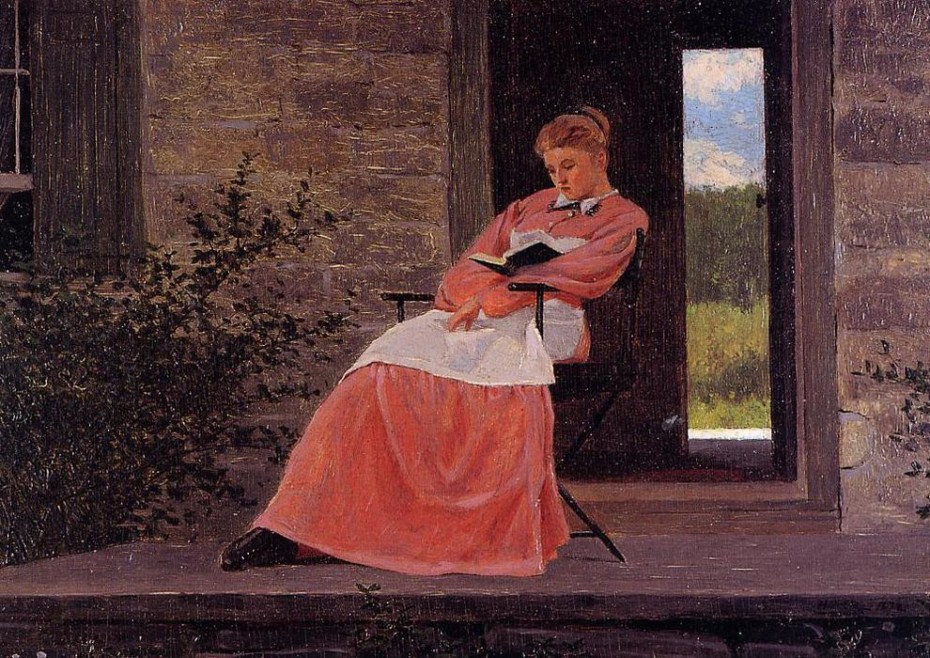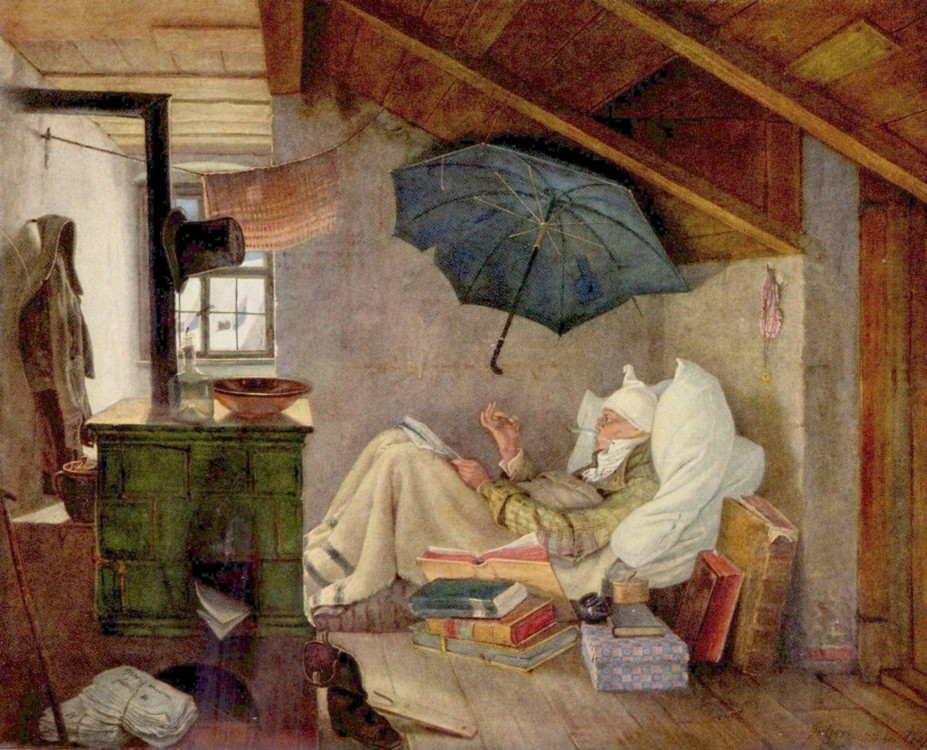
We’re back! The seventh annual McGill Reads holiday reading list has been carefully compiled and lovingly laid out, highlighting the thought-provoking selection of great reads as suggested by McGill students, staff, faculty and administrators.
Once again, eclectic is our watchword as our list features everything from literary classics to fresh new releases; sci-fi to self-help; best-sellers to biographies; and poetry to graphic novels. And, as always, just as fascinating as the diverse list itself are the backstories behind each selected title that give us a little glimpse into each of our contributors.
Thanks to everyone who participated and may all your books be page-tuners!
****
We will kick things off by giving a big McGill Reads welcome to Manal Abou-Ghaida, one of the University’s newest employees. “I’m new to McGill (started December 9th!), and I just stumbled on the McGill Reads book list call for entries,” writes Abou-Ghaida, Records Administrator, Enrolment Services. “I love to read! I’m from Edmonton, Alberta, and I’m known for starting book clubs in my place of work.”
Abou-Ghaida suggests Agatha Christie’s And Then There Were None “because I love a good classic mystery, something that’s a page turner, and importantly over the holiday season – something that excites me and stirs my imagination.”
****
From a first-timer, we go to a grizzled McGill Reads vet. One of our list’s most enthusiastic supporters, Victor Chisholm has been contributing since the inaugural McGill Reads in 2013.
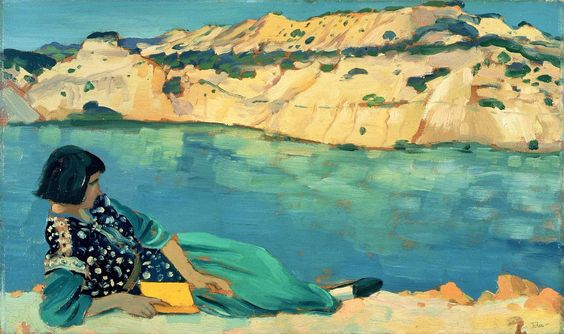
“I am grateful to the Cundill History Prize for providing such interesting options in their annual shortlists and longlists,” says the Student Affairs Administrator, Faculty of Science. “From the 2019 shortlist, I would be delighted to read Victoria Johnson’s American Eden: David Hosack, Botony, and Medicine in the Garden of the Early Republic, because anything that makes us think about plants, without whom our lives would be impossible, must be worth reading!”
“Ideas on CBC Radio just aired an interview with a past laureate, Maya Jasanoff, who won the 2018 Cundill Prize for her book The Dawn Watch: Joseph Conrad in a Global World. She gave a fascinating account of how to read Conrad’s writings about colonialism both critically and appreciatively,” says the avid cyclist and ice cream connoisseur. “I’ve never read Conrad, and the prose excerpts that were aired on the radio were astonishing, so I may give Heart of Darkness a try.”
****
Sean Goldfarb, a graduate student in Cell Biology, has his eyes on a number of books including:
Les racines du ciel, by Romain Gary, “whose books La vie deavant soi I read (one of two books I read that ever made me cry), and Les cerfs-volants which I’m finishing up. It’s funny, it took me till I read a non-English book to be able to say I’ve found my favourite author!”
Of Human Bondage, by W. Somerset Maugham, “which is my mother’s favourite book by her favourite author. Just need to find it among all the books at home…”
The Painted Veil, by W. Somerset Maugham, “because I’m drawn to it, having found it while looking for Of Human Bondage.”
****
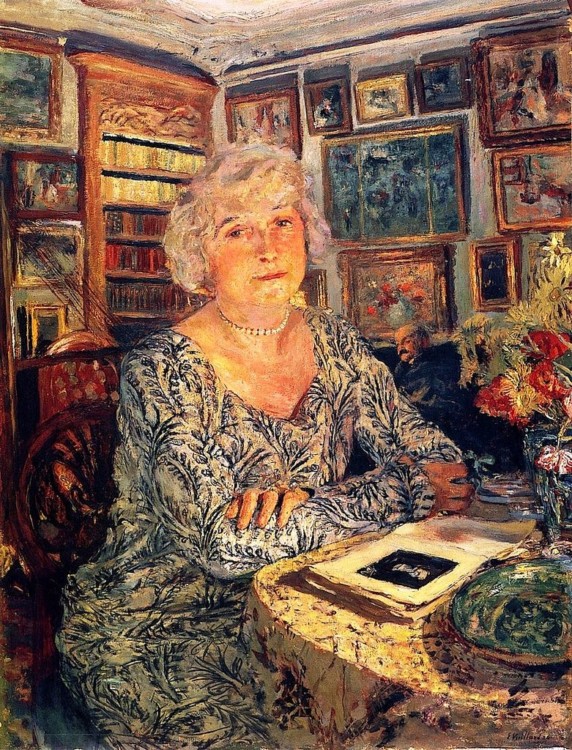
Domenic Aversano, Customer Service Coordinator, Printing Services is succinct and to the point when it comes to his pair of suggestions for people looking for books to tackle during the break. Aversano recommends The View from Flyover Country, by Sarah Kendzior and How to be Less Stupid about Race, by Crystal M. Fleming. “Two books that are essential to understand and challenge who we are and why,” he writes.
****
Anita Kar admits to having already read most of The Four Agreements by Don Miguel Ruiz, but “I want to finish it over the holidays and try to assimilate it into my brain permanently,” says the Montreal Neurological Institute and Hospital Communications Officer. “The simple reason is because I think the messages in this book will help me be more peaceful in my everyday life, in everyday situations.”
****
“Over the holidays, I’ll be reading Annie Proulx’s Barkskins, an epic tale that follows the lives of three main characters over the course of 300 years: the first two being French colonists (and their respective progeny) as they eke out a life in North America, and the third being the forests and wild spaces of the “new world,” perceived at first as vast and endless but gradually recognized as finite and fragile,” writes Andra Syvänen, Assistant Dean, Admissions & Recruitment.
“The book is beautifully written – an amazingly detailed and captivating recounting of hardship, success, adventure, cultural genocide and environmental destruction that is heartbreaking in its vividness. It’s impossible to put down.”
****
Jim Nicell is another longtime contributor to McGill Reads and is renowned for his voracious literary appetite. “My wife knows very well that I sneak books into the house when she isn’t looking,” jokes the Dean of the Faculty of Engineering.
“My ‘to read’ this year is a little eclectic. I plan to get a head start on the holidays next week by starting the new biography of Thomas Edison called Edison by Edmund Morris,” says Nicell.
“After that, I plan to dive into Maoism: A Global History, which was on my bookshelf well before its author, Julia Lovell, was nominated and then awarded the 2019 Cundill Prize. I often tell my wife that I take great pride in picking winning books each year, but she seems to think that this may simply be due to the fact that I buy too many books. She’s probably right, but don’t tell her,” says Nicell. “And then, to lighten the reading a bit, I am hoping to reread Douglas Adams’ complete Hitchhiker’s Guide to the Galaxy series again and, in the process, try to get my kids addicted to it. Hope springs eternal.”
****
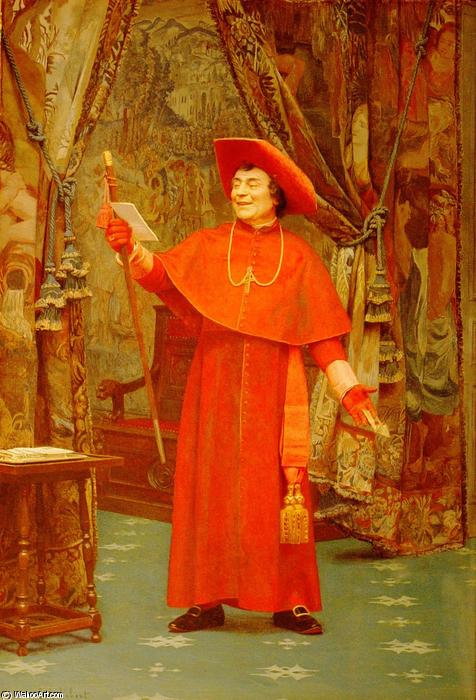
Gwen Wren, U3 Environment, says she will be finishing Margaret Atwood’s Testaments. “I’m a big Atwood fan and I think the issues she engages with through fiction are very prevalent in the world today,” writes Wren.
“As well, I’ll be re-reading Marina Keegan’s The Opposite of Loneliness, a book of short essays that reminds me to slow down and relish in the moment. Something I often forget in the fast pace life of being a McGill student.”
****
Cynthia Lee has a pair of books lined up for the break. First, she will tackle We Are the Weather: Saving the Planet Begins at Breakfast, by Jonathan Safran Foer. “Recently I watched the documentary, Eating Animals based on Safran Foer’s book and it was very powerful, I encourage everyone to watch it,” says everyone’s favourite Associate Director, Media Relations. “This subject of this book is again global warming and its direct relation to human’s consumption of animals for food.”
Next, she will revisit When Breath Becomes Air, by Paul Kalanithi. “I’m rereading this book because it’s one of my favorites,” she says. “It’s the memoir of Paul Kalanithi, an American neurosurgeon who was diagnosed with stage IV lung cancer at the age of 36. One day he was a doctor treating the dying, and the next he was a patient struggling to live.”
****
Kim Davies, an Administrator at the Rossy Cancer Network, is nothing if not precise. She says she will read the following three books, in order (with page count);
Malcolm Gladwell, Talking to Strangers: What We Should Know About the People We Don’t Know – 400 pages
Ryu Murakami, Piercing – 192 pages
Ian Williams, Reproduction – 464 pages
“1,056 pages in 10 days. ~106 pages/day,” notes Davies.
****
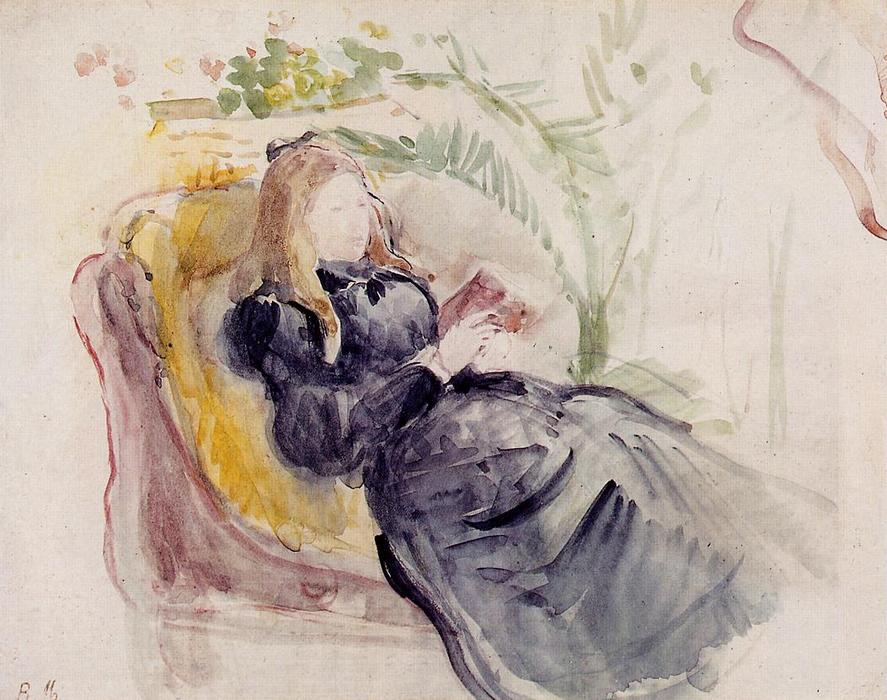
“This year I will be less ambitions in my holiday reading,” writes regular contributor Kendra Gray. “The feature of my holiday reading will be Blowout by Rachel Maddow. Russia, oil, and politics, as told by Rachel Maddow. I can think of no better combination.”
Gray also plans on finishing Amin Maalouf’s Origins: A Memoir, the story of Maalouf’s family and his travels to Cuba to learn about the great-uncle who left Lebanon and made a life in Cuba in the early 1900s. “In addition to being a fascinating history of the time, it is addresses issues of belonging, home and success,” says Gray.
****
Antonia Maioni, Dean of the Faculty of Arts has set three reading goals for the holidays.
“The Cundill History Prize (administered by the Faculty of Arts) attracts extraordinary books from around the globe, but only a sliver make it as the three finalists,” says Maioni. “I plan to go back to two fascinating shortlisted books: A Fistful of Shells by Toby Green and Unruly Waters by Sunil Amrith.”
Next, Maioni wants to “catch up” with Louise Penny’s Armand Gamache series. “She is so prolific I can barely keep up!”
Finally, says Maioni, “as a Tudor history buff, I will be re-reading Wolf Hall and Bring Up the Bodies in anticipation of Hilary Mantel’s new book, the Mirror and the Light, due out in March 2020.
****
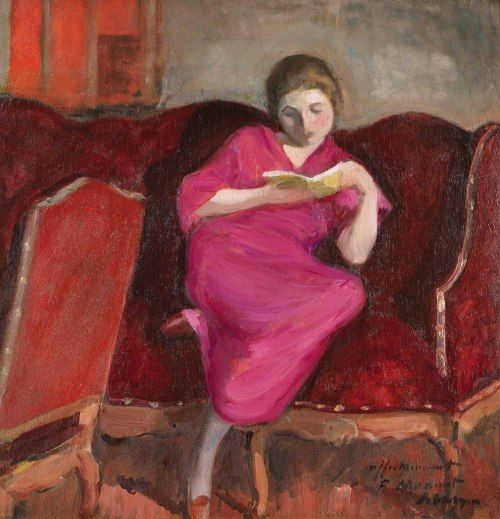
William Hip Kuen, MSc in Mathematics and Statistics, plans on reading A Message to Garcia by Elbert Hubbard. “I have heard that this book is extremely fruitful for university students, and I decided to read it to help myself become a better person in the future,” he says.
****
“Here is my list – if my history holds true I will read two of these, and something else,” writes McGill Reads regular Kimberley Stephenson, Trade Buyer, Le James – McGill University Bookstore. Stephenson’s list includes:
Spying on the South by Tony Horwitz, “because I loved his previous book Confederates in the Attic, and he brilliantly mixes the past with the present.”
One Day by Gene Weingarten. “Weingarten is the author of Fiddler on the Subway, and the Pulitzer Prize winning feature article Fatal Distraction – I am looking forward to a longer piece by him.”
Blue Moon by Lee Child, “because Reacher.”
High Five – Joe Ide – this is Joe Ide’s fourth book. If Sherlock Holmes lived in South Los Angeles and was a scrawny kid, then you would have IQ, the detective in this series.
****
Melissa-Anne Cobbler, Wellness Advisor, Faculty of Science has two books lined up for the break; Magnetic Equator, by Kaie Kellough; and Here Comes the Sun, by Nicole Y. Dennis-Benn
****
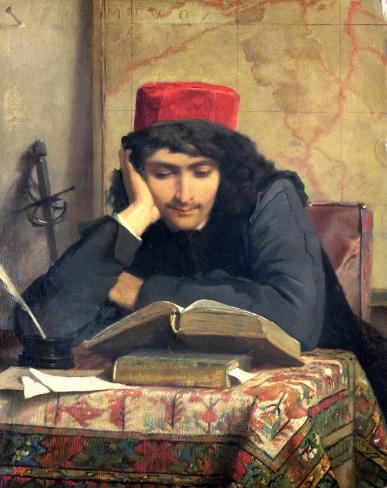
If we had a Best Backstory Award, it might very well go to Juliana Rigante, who will be graduating in May 2020 with a Bachelor’s degree in Pharmacology.
“Being a student in science and working part-time can be quite overwhelming at times, so to stay sane, I sing opera at my high school with the same teacher who’s been training me since I was 12 years old,” she writes. “That’s why this year, A Night at the Opera: An Irreverent Guide to The Plots, The Singers, The Composers, The Recordings, by Sir Denis Forman is on my list. I can’t wait to educate myself on the songs I’ve already sung and perhaps get some inspiration for what I can sing in the New Year!”
****
“What fun!” writes Carola Weil, Dean of the School of Continuing Studies. “This actually reminds me of a project I initiated at my previous university where the dean of Libraries and I hosted a type of book club for the entire university community based on a list of 80 most influential books in the U.S. Members of the university community could volunteer to read, present and lead a discussion on their book of choice. Very illuminating and a lot of fun.”
With those kind of literary chops, it comes as no surprise that Weil’s nightstand has the following stack of books waiting for her:
- A reread of Cathy Davidson’s The New Education: How to Revolutionize the University to Prepare Students for a World in Flux “It was published in 2017 but remains relevant.”
- The Bagel: The Surprising History of a Modest Bread, by Maria Balinska. “Maria is a former school mate of mine.”
- Sir William Dawson’s Fifty Years of Scientific and Educational Work in Canada. “This was lent to me by his descendent, his great granddaughter, I believe.”
- The History of Montreal: The Story of a Great North American City, by Paul-Andre Linteau.
- Walter Seidel’s The Great Leveler: Violence and the History of Inequality from the Stone Age to the Twentieth Century.
- Rest: Why You Get More Done When You Work Less, by Alex Soojung-Kim Pang.
****
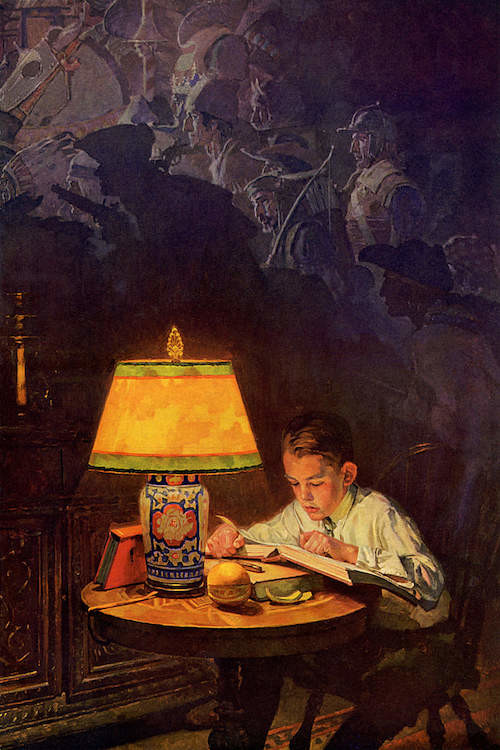
A self-proclaimed “huge Sci-Fi and historical fantasy fan,” Bojan Vastag says his reading list is pretty long. “However, recently I stumbled across Hugh Howey’s Wool (first book of a Silo trilogy) and it blew my mind. It gives a good portrait of how our society is intertwined and how beliefs based on an edited truth impact our lives,” says the Solutions Architect, IT Services “This means that my holiday reads will be Shift (part 2) and Dust (part 3).
****
“After an illuminating semester of PPHS 511 Intro to Global Health with Dr. Madhukar Pai, my literary mission for the winter break (extending into 2020) is to read all of Paul Farmer’s books,” writes Jordyn Heal, a U2 ArtSci student, majoring in Global Health and Public Health.
Heal’s quest will begin by tackling Farmer’s Infections and Inequalities: The Modern Plagues followed by Pathologies of Power: Health, Human Rights, and the New War on the Poor.
****
“I’ve been enjoying the McGill Reads series for the past few years and I think it’s time I participated,” writes Sarah Delisle, Emergency Planning Officer, Campus Public Safety.
Delisle will read George Takei’s They Called Us Enemy, a graphic novel about the actor’s childhood experiences in Japanese internment camps in the US during World War II. She says the book “caught my eye as I was walking through Indigo recently and reminded me of Mark Sakamoto’s book Forgiveness: A Gift From My Grandparents, which I read as part of Canada Reads 2018. Sakamoto tells about his paternal grandparents’ experiences in WWII internment camps in Canada so I was drawn to They Called Us Enemy as a way to learn about what was going on south of the border. Plus, graphic novels are a format I love for autobiographies!”
Delisle also plans to read Daniel Aldrich’s Black Wave: How Networks and Governance Shaped Japan’s 3/11 Disasters.
“Black Wave is part of my ever-expanding library of disaster-related books (professional hazard!),” she writes. “Working in emergency management, I’m always interested in how communities respond to, deal with, and recover from large-scale disaster events, so I’m intrigued to read about the response to the magnitude 9.0 earthquake (and resulting 60-foot tsunami) that impacted Japan in 2011.”
****
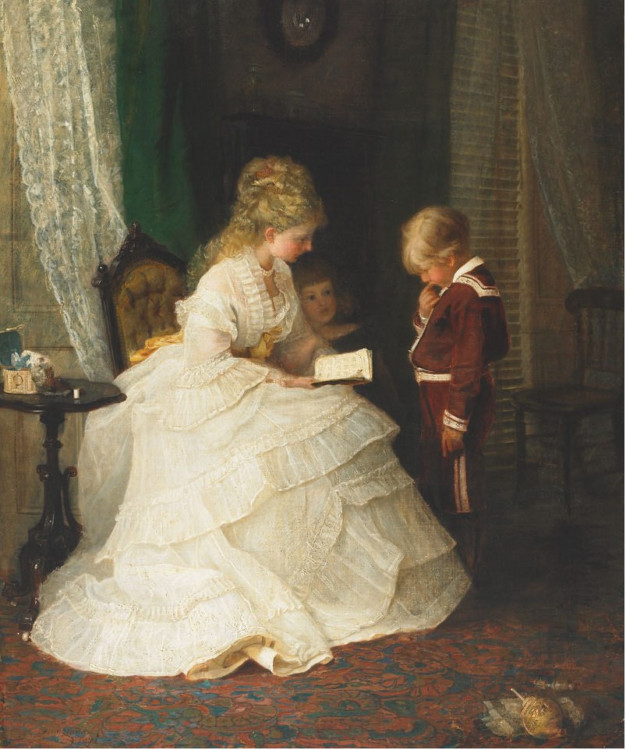
“While I’m a pretty avid reader all the time, I do find the holidays an especially satisfying time for getting into some great books,” says Chris Buddle, out-going Dean of Students and in-coming Associate Provost, Teaching and Academic Programs.
On the fiction front, our favourite spider-hunting entomologist has lined up three selections.
- Canadian author Emily St John Mandel’s new book The Glass Hotel. “I simply adored Station Eleven, and her latest promises to be creative, fascinating and well written,” says Buddle. “It looks to be about Ponzi schemes, ships and ghosts.”
- The Starless Sea, by Erin Morgenstern. “Everything I’ve seen about this novel is intriguing – called “a timeless love story set in a secret underground world.” I very much enjoyed her previous book, The Night Circus, so I am hoping to see this one under the Christmas tree.”
- “I’m a total sucker for page-turner mystery/crime novels, and this past year I have really been devouring the FBI Agent Pendergast series by the writing pair of Preston & Child. This series always delivers and is a good mix of detective novel meets the supernatural. I’ll likely delve into Verses For the Dead over the holiday. Sounds cheery, eh?
Of course, Buddle also likes non-fiction and is planning to tackle a trio of tomes.
- Sarah Cavanagh’s Hivemind: The New Science of Tribalism in Our Divided World. “This has been on my list for a while now – touted as a book that is for “…anyone hoping to make sense of the dissonance around us” – it looks to be an interesting way to see how hive mentality is shaping the divided world we live in.”
- “In light of my new job at McGill in January, I do have some work-related reading on my list this winter, including Alternative Universities: Speculative Design for Innovation in Higher Education, by David Staley. This one promises a lot, including how Universities need to be transformed for the future.”
- Buddle has just started reading Malcolm Gladwell’s Talking to Strangers. “Like his other books, this one is well written, engaging, full of incredible anecdotes and quite convincing. It’s making me think a lot about ways we engage with people, and what things we are missing when we make assumptions or first encounters. I do recommend it!”
****
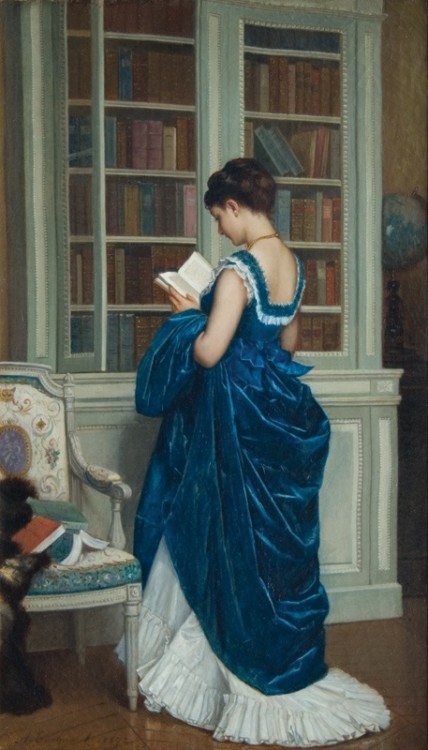
Dorothy Redhead, Assistant to the Dean, Faculty of Arts, says she wants to finish reading Ducks, Newburyport, by Lucy Ellmann and is looking forward to reading Save me the Plums, Ruth Reichl’s memoir of her time as editor of the magazine Gourmet. “It was my favourite magazine and, sadly, is no more having published its last issue in November 2009,” says Redhead.
****
Sweet-talker Erin McDonagh writes that the annual McGill Reads is “the highlight of the McGill holiday season!”
Thank you, Erin. It’s one of our favourite projects too!
The Teaching and Learning Planner from Teaching and Learning Services has two books lined up for the holidays.
First, there’s The Secret History of Jane Eyre by John Pfordresher. “The author reconsiders Charlotte Brontë’s life and experiences, and links them to the development of her novel Jane Eyre,” says McDonagh. “Pfordresher challenges the idea that this small, short-sighted woman from the Yorkshire Moors had a uninteresting, sheltered life by showing how experiences with her brother Branwell’s addiction, her travels to Brussels and London, and her own thoughts and dreams provided her with ample grist for the mill of her literary imagination.”
Next, McDonagh has chosen an all-time classic – with a fantastical twist; Alice in Wonderland by Lewis Carroll, with illustrations by Salvador Dalí. “This book needs no introduction, and rereading it is a yearly holiday treat for me,” she says. “Last year, however, I discovered this fantastic illustrated version of the tale with works by Salvador Dali. It seems like a completely natural pairing, and adding weird, surrealist art to a weird, surrealist book has certainly yielded a fantastic product.”
****
Albert Le, a DMD candidate in the Faculty of Dentistry, thinks everyone should read aul Kalanithi’s When Breath Becomes Air. “It is a poignant memoir from a man whose story that can inspire so many of us on the value of life,” says Le. “I can’t do this book justice in describing it myself.”
****
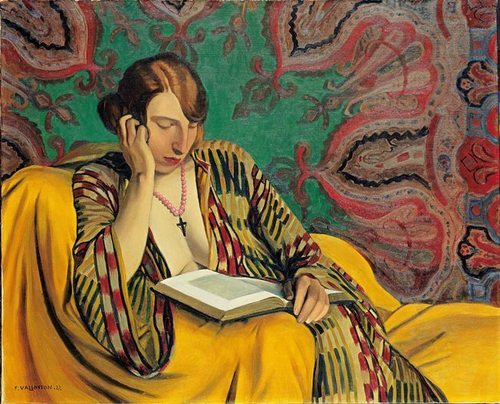
Having “just finished” Claremont by local Montreal author, Wiebke von Carolsfeld, Dino Dutz, is singing its praises.
“As a film director, I was already a fan of her award-winning films, so naturally I was intrigued to read her first novel,” writes the Administrative Coordinator to the Associate Deans at the Schulich School of Music. “It’s a beautifully and sensitively written story that begins with a horrifying family trauma whose survivors must navigate through an uncertain, unexpected, often awkward aftermath. The characters’ imperfections are also their strengths, and their relationships to each other are a testament to the strange and unexpected ways that love can guide you through the unthinkable to a new version of family.
****
Robert Leckey, Dean of the Faculty of Law, offers a selection of books that is both eclectic and thought-provoking.
Ce que je voudrais dire à mes enfants, by Michel Bastarache & Antoine Trépanier. “By the Supreme Court judge I clerked for; an inspiring story of a life dedicated to the public service and in particular to advancing the position of the French-speaking linguistic minority outside Quebec,” says Leckey.
The Testaments, by Margaret Atwood. “A must-read; she shared this year’s Booker Prize. Funnier than I expected.”
Beloved, by Toni Morrison. “The author’s death led me to reread this one, which remains beautiful and heartbreaking.”
Dîner à Montréal (2019), by Philippe Besson. “The final instalment in a trilogy about his early romantic life by gay writer Besson. I enjoyed all three volumes very much.”
Case Histories, by Kate Atkinson. “A terrific mystery by an author recommended to me by colleague Professor Catherine Walsh as her favourite living author. It did not disappoint.”
****
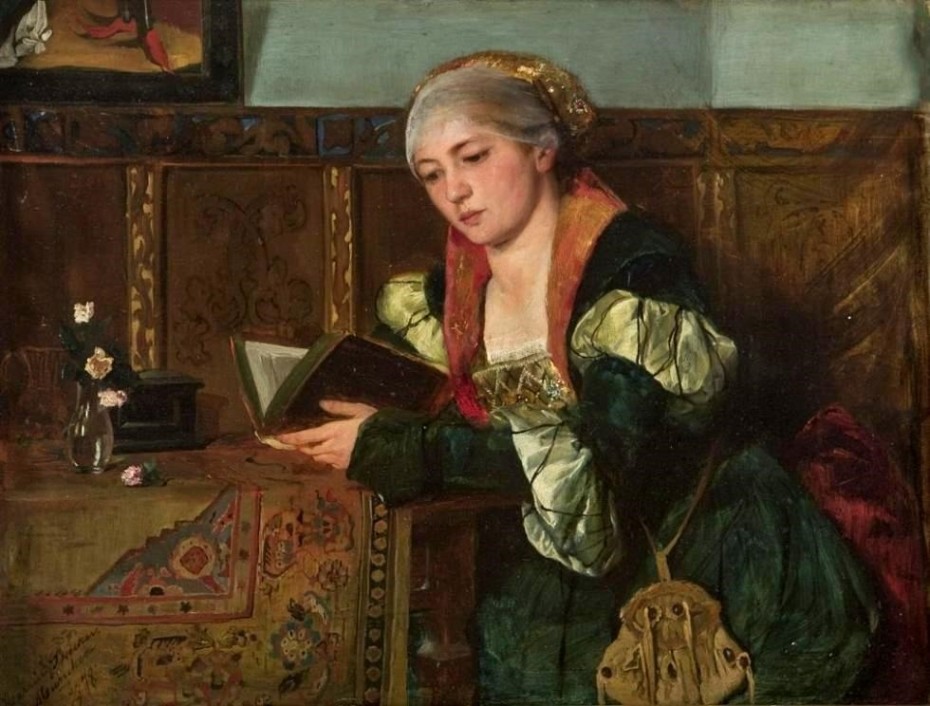
“The book I’ve been waiting all term to read is Hinterland Remixed: Media, Memory, and the Canadian 1970s, by my friend (and University of Winnipeg professor) Andrew Burke,” writes Will Straw, James McGill Professor of Urban Media Studies. “The author has spent years tracking all the ways in which the 1970s haunt Canadian culture, from film to the visual arts, and I know this will be a very cool read.”
“In Mexico City last week, a friend gave me Rafael Avina’s book MexNoir, about Mexican crime films from the so-called Golden Age of Mexican cinema. We’re hoping to have a Mexican noir night at next summer’s Film Noir au Canal outdoor screening series in which I’m involved, and this will help us find the perfect film.”
“I’m also looking forward to reading The Reality Bubble by Ziya Tong, whom I’m honoured to say was once a student of mine, and who has gone on to an extraordinary career writing about science.”
“Finally, because I am interested in night-time, I will read Christiane Taubira’s memoir Nuit d’Epine,” says Straw. “Taubira was Minister of Justice in the French government of François Hollande until she resigned in protest over Hollande’s treatment of those suspected of terrorism. The book traces her early life, from French Guiana to France, reliving it through her memories of some of her most memorable nights.”
****
Daniel McCabe wins the 13th Hour Award for the last submission of the year. Truthfully, if we didn’t owe him money, he might not have made the cut.
“I made a happy discovery recently when I stumbled upon a deeply discounted copy of Nextwave: Agents of H.A.T.E. in a downtown comic book shop,” writes the much-admired editor of McGill News. “A collaboration between Warren Ellis, one of the comic book world’s most influential writers (the second Iron Man film borrows heavily from one of his works) and the wonderfully versatile Canadian artist Stuart Immonen, Nextwave pokes gentle fun at the absurdity of superheroes, while simultaneously delighting in some of the over-the-top pleasures that super hero comics offer.”
McCabe says his Christmas present to himself will be another graphic novel: “the years-in-the-making Clyde Fans collection. The book, about a failing family business and the long, troubled relationship between two brothers, is by Seth, another Canadian, who is known for his retro cartoony style. The tone is nuanced and full of melancholy, and Seth, whose artwork has been featured in more than one museum, is one of his medium’s most skilled cartoonists – exemplified in the careful way he constructs a narrative, panel by panel by panel.”
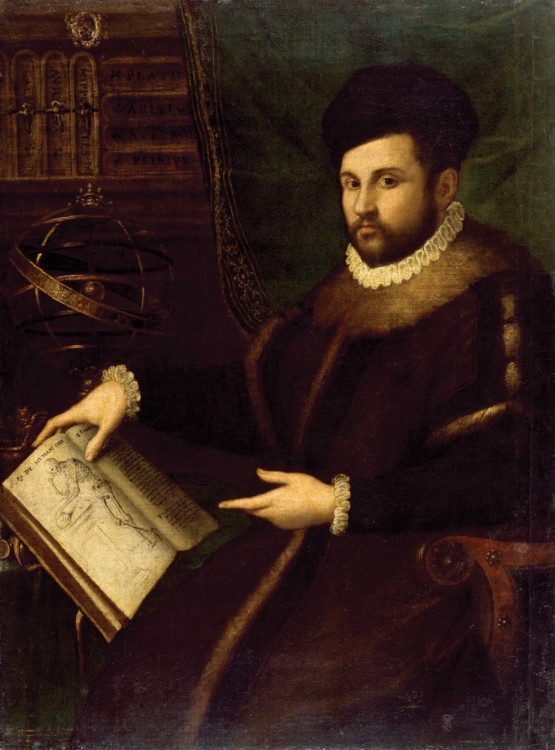
A fan of Emily Nussbaum, McCabe is looking forward to reading her new book I Like to Watch: Arguing My Way Through the TV Revolution. “She is a Pulitzer Prize-winning TV critic for The New Yorker and her collection of essays explores the legacy of Norman Lear, looks at some of the questions raised by the #MeToo movement, and makes the case for why Buffy the Vampire Slayer is one of the greatest shows in TV history.”
“One of her favourite shows – and one of mine too – is Bojack Horseman. It’s among the funniest shows around, but it’s also pointed, wrenching and moving at times,” says McCabe. “The mastermind behind the show, Raphael Bob-Waksberg, has a new short story collection out, Someone Who Will Love You in All Your Damaged Glory. Given how much I love Bojack, I was thinking of picking up a copy.
****
David Syncox says Brené Brown’s Dare to Lead “has been on my desk for the entire fall semester” and the he’s determined to read it this holiday season. “I am excited to read it as it speaks to being courageous and vulnerable as a leader,” says the perpetually upbeat Director, Alumni Communities. “As a staunch believer in lifelong learning and skills development, I’m excited to learn a few strategies to add to my ever growing tool box.”
****
When Caitlin MacDougall last checked in with us earlier this year for the McGill Reads summer edition, she had already read or listened to 39 of the 75 books she was planning to tackle this year. Take that Jim Nicell!
We are happy to report that the Liaison Officer for the Farm Management and Technology Program has finished her 69th book and is “on track to finish by December 31 (woot woot!),” she says. “Once again, it wouldn’t be possible without the McGill Library’s Overdrive app and selection of audiobooks.”
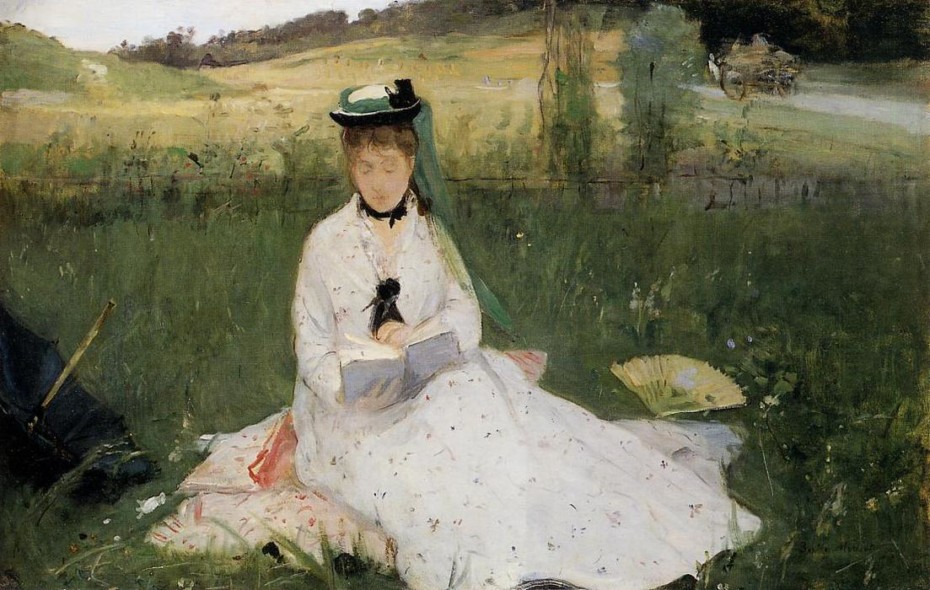
Over the holidays, MacDougall plans to read;
Rebel Talent: Why it Pays to Break the Rules at Work and in Life, by Francesca Gino. “I want to read this book because I want 2020 to be the year where I challenge myself and step out of my comfort zone,” says MacDougall. “I think there are some great lessons and strategies for successfully rebelling in this book.”
Little Women, by Louisa May Alcott. “A timeless classic which I can’t believe I haven’t already read. To be honest, the trailer for the Little Women film reminded me that I really do need to check out this classic 19th century novel that focuses on the March sisters.”
“After enjoying Madeline Miller’s Circe recently, I am looking forward to reading The Song of Achilles which retells Homer’s legend of Achilles and the Trojan War.
****
Majoring in French Literature, Denbeigh Whitmarsh is also an author and, as such, is hoping people will pick up Offside – A Memoir – Challenges Faced by Women in Hockey, by Rhonda Leeman Taylor (and ghost written by Whitmarsh herself).
“It’s the memoir of my great aunt and her involvement in building the infrastructure of the first official Canadian Women’s hockey program in Canada in the 1970s and 80s. It details the challenges and sexism women like herself had to overcome in order to make hockey a socially acceptable sport for women in Canada, and it also deals with her challenges and resilience overcoming a debilitating spinal injury she suffered while playing hockey in the early 2000s,” writes Whitmarsh. “It’s a really inspiring story, one I think female athletes of all ages should have the chance to learn about. Not to mention that it’s a heartwarming Canadian tale for the winter season!
****
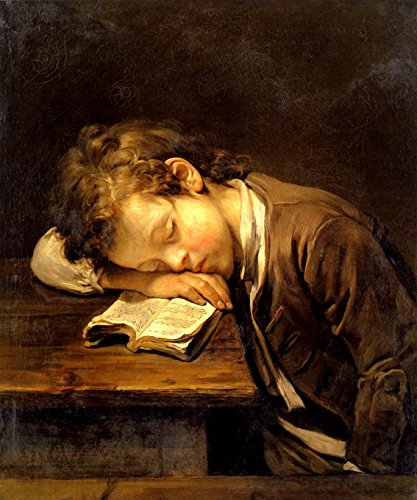
A McGill Reads regular, Torsten Bernhardt weighs in with another thought-provoking list.
“The debate about which dystopian future we are racing towards usually bounces back and forth between Brave New World and 1984, but I think that John Brunner’s The Sheep Look Up is also a contender and fast gaining ground. I’ve already read that so I’m going to read the only major work of his that I haven’t yet gotten to, The Shockwave Rider,” says the Course Administrator and Pedagogical Developer in the Department of Biology.
“A book of short stories by Angela Carter should keep me occupied on my bus, train and plane travels to see my scattered family. I’ll hopefully also have time to finish Vidar’s Boot, the last in Jenna Moran’s laugh-out-loud surreal Enemies Endure trilogy.
****
Speaking of dystopian fiction, Jane McAslan, Humanities and Social Sciences Library Loans and Reserves, says she’s taking a break during the break.
“I’ve been reading a lot of dystopian fiction lately, as well as depressing books about the Anthropocene and climate change… so, for the holidays I’m going to counter all that with hopepunk. I’m not sure how I feel about the term itself (punk? – why?) but I’ve already thoroughly enjoyed Becky Chambers’ Wayfarer series – they’re just so…humane, and generous of spirit – and have a few others lined up to follow those, as recommended by various friends and websites,” she writes. These recommendations include The Sol Majestic, by Ferrett Steinmetz; Gamechanger, by L.X.. Beckett; and Happy Snak, by Nicole Kimberling.
“They’re all sci-fi, not a genre I read much of, generally, but I’m looking forward to them,” says McAslan. “All going well, I should be starting the new year with a newfound feeling of hope (punk).”
****
Crystal Noronha, Graduate Studies Officer, Faculty of Dentistry, says she will be finishing two books over the hiolidays; Michelle Obama’s Becoming; and “for the human side of health and mortality,” Paul Kalanithi’s When Breath Becomes Air, the third person on this list to recommend this book.
****
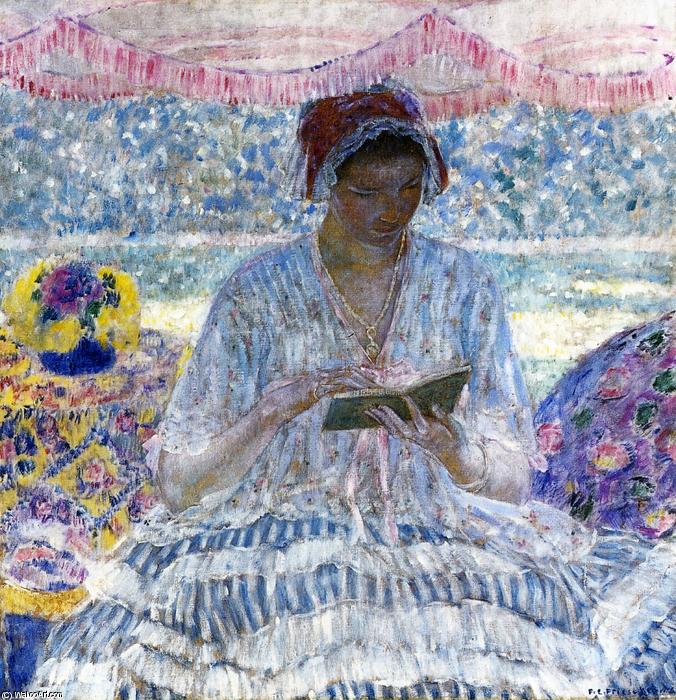
Long-time McGill Reads fan, Chris Chipello finally cowboyed up with his first-ever submission.
“First up on my list is Bill Bryson’s new book, The Body: A Guide for Occupants,” writes the Associate Director, Integrated Editorial Group. “Bryson is best known for his often-hilarious travel writing. But I loved his previous science book, A Short History of Nearly Everything, and – based on the reviews I’ve seen – I expect The Body to be a similarly entertaining tour d’horizon of the human body and the history of modern medicine.”
“While Ken Dryden has a new book out, I’m planning to read his 1983 classic: The Game,” says Chipello. “I kept hearing that it’s the best hockey book ever, so I downloaded a sample recently on my Kindle – and the first chapter or two was enough to get me hooked. Seems like a fascinating window not only on the sport and the Canadiens team of that era, but also on late’70s Montreal.”
****
“Right now I’m finishing up Chrystia Freeland’s book called Plutocrats: The Rise of the New Global Super-Rich and the Fall of Everyone Else, (a Financial Times Best Book of the Year and Winner of the 2013 Lionel Gelber Prize) which caught my eye at Indigo one day,” writes Genevieve Snider, Manager of the Materials Engineering Co-op Program and a long-time piano instructor at the McGill Conservatory.
“I can’t wait to start the next book which I recently won in a draw at the McGill Health Fair, woohoo! It’s a #1 New York Times Bestseller called Dare to Lead: Brave Work. Tough Conversations. Whole Hearts, by Brené Brown.
****
Finally, before we wish you all the happiest of holidays and the most beautiful of breaks, we close with the literary offerings of the inimitable Bud Martin, scribe to the stars.
“My slow read/cook through Samin Nosrat’s Salt, Fat, Acid, Heat will hopefully gain traction during the holidays. As for fiction, I dug the movie Arrival a few years back (obligatory McGillCon: one of our linguistics profs consulted on the film), so I’ve had Ted Chiang’s Stories of Your Life and Others, the source material, on my to-read pile for ages. In a recent interview, Chiang talked about the Sapir-Whorf hypothesis — the idea that we think differently in different languages (maybe it was mentioned in the movie, but I spaced out?) — so I borrowed Through the Language Glass: Why the World Looks Different in Other Languages, by Guy Deutscher and The Stuff of Thought: Language as a Window into Human Nature, by Steven Pinker (BA’76, DSc’99) from the library. But, realistically, I’ll probably only dip a toe into Chiang/Deutscher/Pinker because I want to finish Lucy Ellmann’s Booker-shortlisted Ducks, Newburyport. I’ve been reading the novel for a few weeks but am only on the 31st sentence. In my defense, the 31st sentence is 426,100 words long and runs 987 pages. (Sentences 1-30 fit on two.) It’s a stunt, sure, but a masterfully executed one. I’m down for the ride,” writes Bud.
